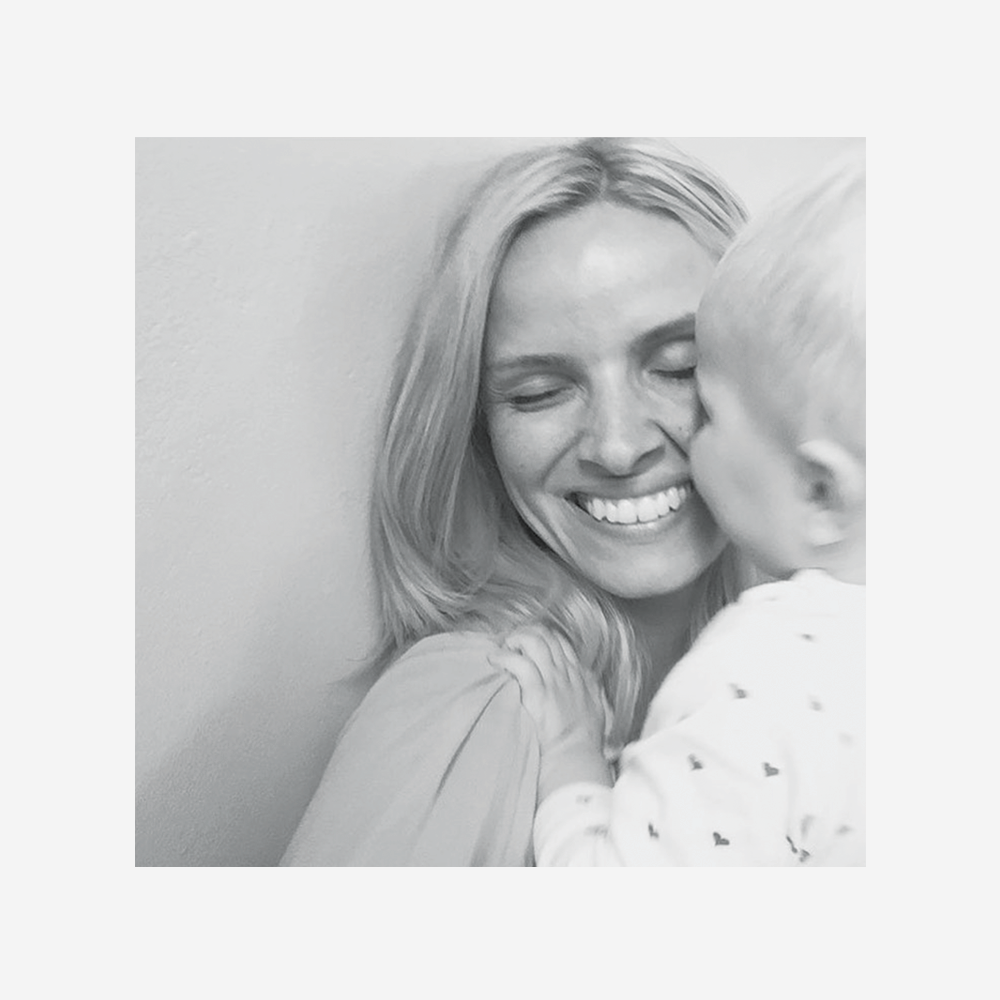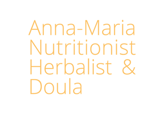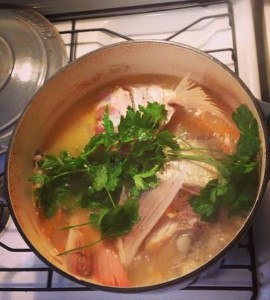Iodine is a very essential nutrient, and we just can't ignore that fact that so many of us are struggling with deficiency and low-range levels, and we may not be aware of it. It's a nutrient that is pretty important whether you are a man, woman, child, pregnant or going through menopause. It affects us all, and with this blog post I'm am going to tell you why and what you can do about it.
Ok, as a first off - let's find out what this nutrient is. Iodine is a mineral, and we only require it in trace amounts - ironic that it's still something we struggle to get enough off. Iodine goes hand in hand with our Thyroid function - consider Iodine to be your thyroid's fuel, just like oil is vital for your car. Iodine is needed for development and growth; hence there is a lot of focus on iodine for children and pregnancy women. It doesn't end there, it's absolutely critical for our adrenal glands, ovaries, breast tissue and the prostate. In short it's THE nutrient for our endocrine system.
Why is Iodine important? Well, it may be pretty obvious now as it's an essential nutrient for our endocrine system. When it comes to our thyroid health Iodine is what helps convert inactive thyroid hormone (t4) into active thyroid hormone (t3). If Iodine is not available for the conversion of t4 into t3, it just won't happen, and the thyroid will start to work less efficiently. Over time, it will become underactive (hypothyroid) and may cause the thyroid to grow in an attempt to make more thyroid hormone. This is known a goitre. To put it simply, because iodine is so important for our endocrine functions, we see that low or deficient levels of iodine in our tissues will mean they don't work, or work less efficiently. As an example low iodine has been linked to lowered IQ, reduced muscle tissue regeneration, fertility issues and developmental problems in children.
The reason we have such issues with getting enough iodine is because we have very little iodine in our soil these days, due to inappropriate farming methods. We also have been told to avoid and reduce our salt intake (Iodized salt being one of the top ways to get iodine daily) so these two major ways of getting iodine is no longer giving us what we need. Iodine is also present in seafood, in fact, fish is an excellent source of the mineral, the catch is that mercury competes with iodine absorption and in fact mercury can replace iodine in the body. Not very good as a lot of our seafood is high in mercury these days (so always go for small fish and wild caught).
Testing for iodine levels in your body is relatively easy, and I always suggest testing for my patients, especially for pregnancy, and children's health. But also when I see these common symptoms presenting: chronic fatigue, lowered concentration, weight gain, breast pain, dry skin, constipation, hormonal problems and loss of hair. I always think we should consider our children's iodine intake - they can be hard to assess symptom by symptom, so it requires testing and a proper understanding of their iodine intake. Easier said than done I know. As I mentioned, testing is simple. It's a urine test and can be done by your GP or it can be tested with your naturopath, via healthschope pathology laboratories.
It is important to know the steps to take before you collect your urine for the test. Iodine results will come up with a 'false positive' if you don't ensure you have avoided any iodine foods (see below) & supplementation (multivitamins contain iodine) 24 hours prior to testing. The urine sample needs to be collected first thing in the morning, upon waking, using a sterile specimen jar from your health care provider or pharmacy. Bring the sample to your pathology lab along with your referral (if the test is done via your naturopath it will be posted in the mail). If you would like to know more or get a referral for an Iodine test, please get in touch by emailing me on info@annamaria.com.au.
Pregnancy and breastfeeding especially increase our need for iodine and it's a must to check in on your levels throughout (not just in the beginning) your pregnancy as depletion is very common. It will have a very direct impact on your thyroid (endocrine health) and your baby's development. Your baby will get iodine from formula and breastmilk - but once again you'll need to keep an eye on your levels while breastfeeding. I can't tell you enough how important this is for you and your baby!
If you have any of the symptoms mentioned above I strongly suggest you get in touch - Testing and further nutritional assessment is easy and should there be a deficiency in iodine or thyroid function it's can be straight forward to fix this.
My favourite ways of getting iodine via the diet, please note that this is on a weekly basis!:
Tinned sardines (fish4ever)
Oysters (3-6 is plenty)
Seaweed
Organic eggs
Fish broth - and as a gift to you I am sharing this super easy recipe here. I suggest you drink it as a warm broth daily or weekly if your pregnant or breastfeeding and add it to stews and soups as a general maintenance.
Here's the Fish Broth Recipe:
3-4 fish carcasses inc. Heads if you can, as they are high in Iodine! Snapper is a great one to use.
2 tablespoons of organic butter
2 onions, chopped
1 carrot, chopped
a few twigs of fresh thyme and parsley
1 bay leaf
½ cup dry white wine
¼ cup vinegar
About 3 liters of water
Directions:
Melt butter in a big stock pot. Add the onions and carrot and cook gently for 30minutes. Once they are soft add the wine and bring to a boil. Then add the fish, water and vinegar. Bring it all to a boil and skim off the scum as it comes to the top. Then add the herbs and let the broth simmer for 4-24 hours.
To find out if you should get an iodine test done please get in touch.

Get A Free Gift
My Top 10 Foods for a Happier Healthier Mum
As a fellow mum (of three wonderful girls) I really know how challenging and exhausting being a mum can be at times!
When I first became a mum I realised just how much my lifestyle and diet played a part in how well I coped with the demanding tasks of caring for my little ones.
I help so many women through all kinds of burnout, exhaustion, weight gain, digestive and hormone problems, illness and general low's.... and I never get tired of seeing just how well they respond to my graspable and nurturing support. It really makes my job such a blessing, to be able to help you.
Alright, let's get to it! Here are my top 10 tips to become a happier and healthier mum!




